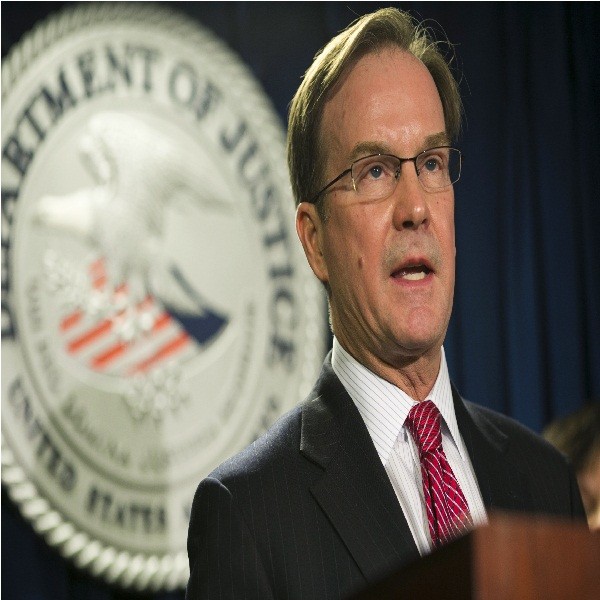In less than two weeks, the United States Supreme Court will begin to hear arguments about the legalization of gay marriage in the state of Michigan. However, Michigan Attorney General William Schuette said that the will of voters will decide this issue and not the federal court.
"This really is a case about who decides (who defines marriage)... Voters, or will the federal courts make that decision," Schuette told The Detroit News. He added, "Who decides, federal constitutional concerns or decisions made by people in state across this country?"
The U.S. constitution does not provide a definitive ruling when it comes to gay and same-sex marriages. This is the argument that Schuette and legal attorney John Bursch wants to bring to court.
They said that according to a legal precedent, the state has the authority to provide appropriate ruling when it comes to same-sex and gay marriage. They also pointed out a 2004 constitutional amendment in Michigan to support their claim.
According to Bursch, the definition of marriage relies on "legislative policy." The upcoming debate will also highlight whether the U.S. constitution has the power supersede a states' own constitution and all its amendments. The case is not about finding "the best way to define marriage," but to impose the state's constitution and the will of its voters, according to Bursch.
On the side that supports same-sex marriage, they will use arguments from the 14th Amendment which, according to them, says that gays and lesbians does not enjoy the same constitutional right that gives every American citizen equal civil and legal rights.
The U.S. Supreme Court is expected to release its final ruling about the issue of gay and same-sex marriage on June 30, according to 790 Talk Now.




























